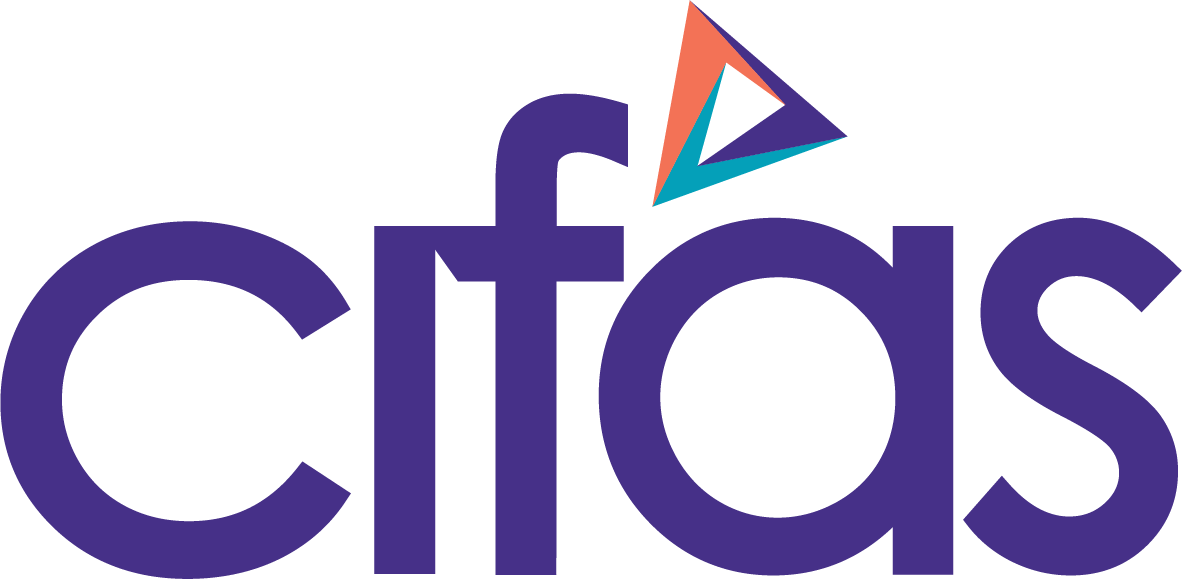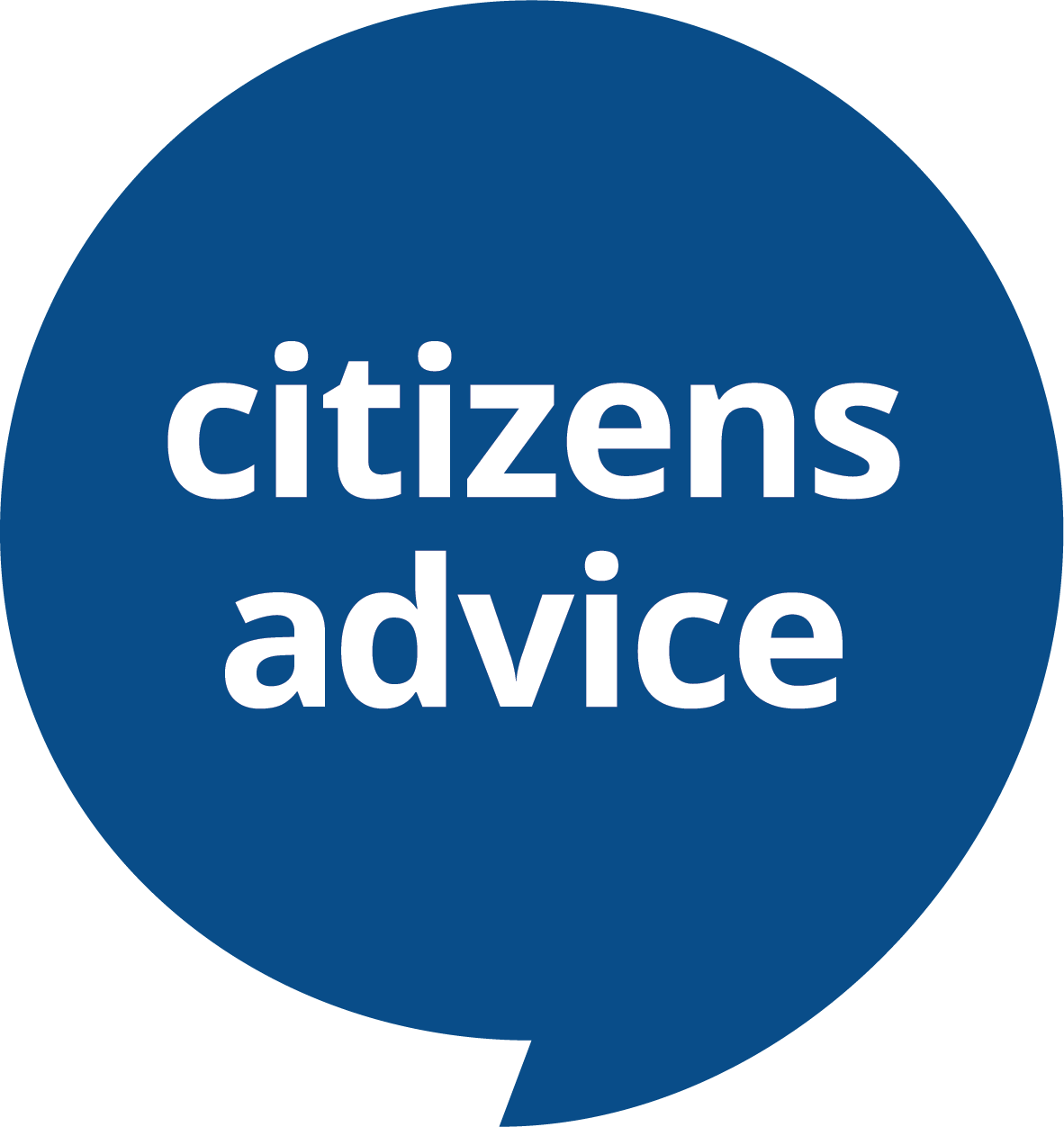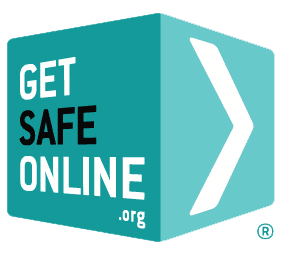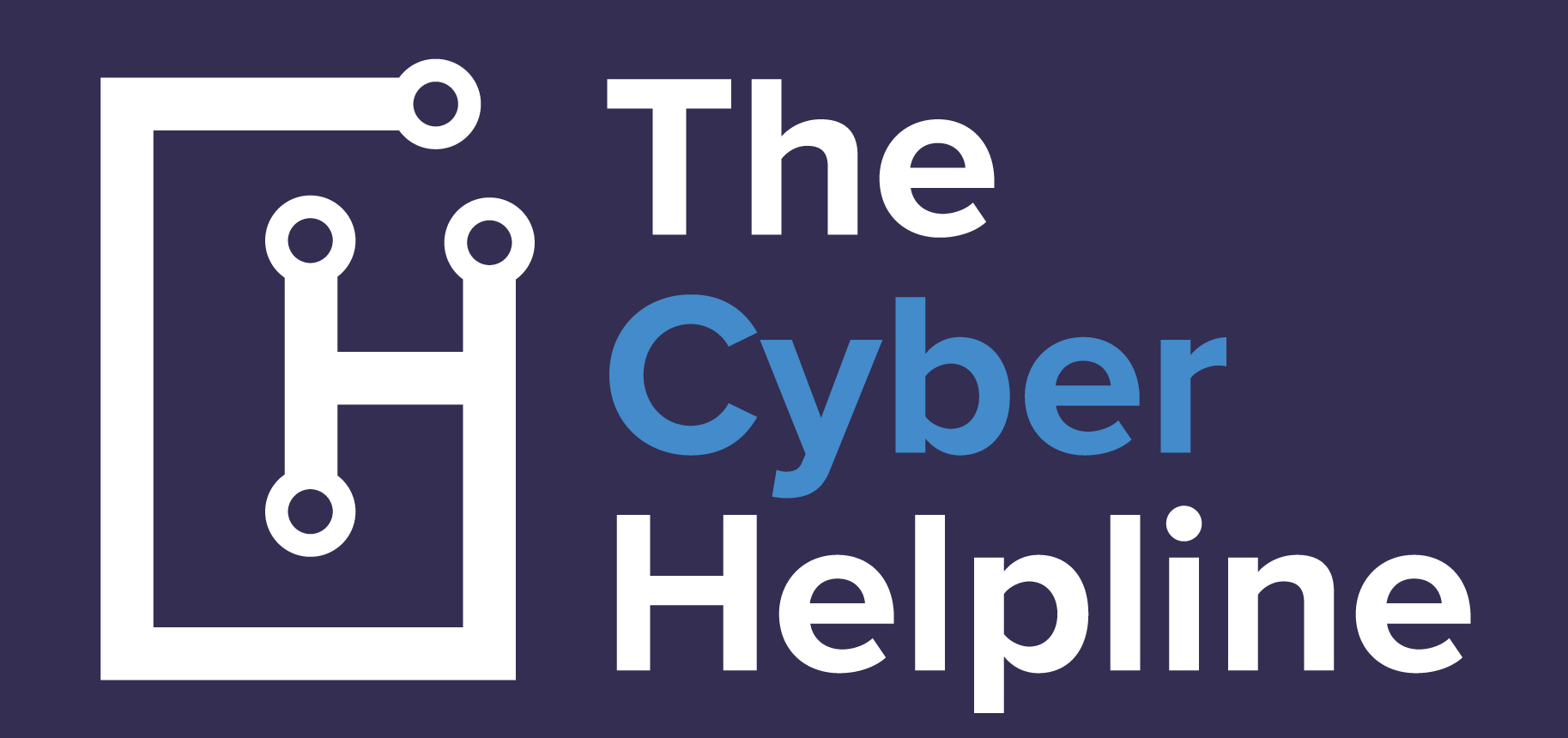Most of us are now used to the convenience of shopping online for food, clothing or holidays at a time that suits our busy lives. But in today’s digital world, online scams have become increasingly sophisticated, targeting individuals and businesses alike. It’s crucial to stay informed and vigilant to protect yourself from falling victim to these fraudulent activities – sadly all too easy, even for the most tech savvy.
To stay safe online, be wary of suspicious offers, never share personal information with unknown sources, and verify the authenticity of messages before taking action.

Be suspicious of unsolicited contacts and offers:
- Too good to be true – if something sounds too good to be true, it is likely to be a scam
- Unexpected messages – be cautious of unexpected messages, especially from people you don’t know or even from people you know, as scammers could impersonate family and friends
- Urgent requests – scammers often try to rush you into making decisions. Always take your time and don’t feel pressured.
Protect your personal information:
- Don’t share sensitive details – never share your bank details, credit card information, or other personal information with unknown websites or individuals
- Use strong passwords – use strong, unique passwords for all your online accounts and change them regularly
- Verify information – if you receive a message or email asking for personal information, verify the sender’s identity by contacting the organization directly through their official website or contact details.
Be cautious of online scams:
- Don’t click on suspicious links – avoid clicking on links in emails or messages from unknown sources, as they may lead to malicious websites
- Be wary of attachments – be cautious of opening attachments from unknown senders, as they may contain malware
- Don’t pay in unusual ways – be wary of requests to pay in unusual ways, such as through gift cards or cash
- Report suspicious activity – if you think you’ve been targeted by a scam, report it to the relevant authorities, such as Action Fraud.
Stay informed:
- Stay updated on common scams – keep up-to-date on the latest scams and how to spot them – Friends Against Scams has a Scam Alert which allows you to sign up for updates on the latest scams
- Share information with others – share information about scams with your friends and family to help them stay safe online
- Report scams – if you encounter a scam, report it to the relevant authorities, like Action Fraud.
Common types of online scams:
- Phishing – fraudsters send emails or messages pretending to be from reputable companies to steal personal information
- Impersonation scams – criminals pose as trusted organizations or individuals to trick you into giving them money or sensitive data
- Online shopping scams – fake websites or social media ads offer products that never arrive or are of poor quality.
How to spot a scam:
- Unusual requests – be wary of unexpected requests for personal information or money
- Urgency and pressure – scammers often create a sense of urgency to rush you into making decisions
- Suspicious links and attachments – avoid clicking on links or downloading attachments from unknown sources.
Support organisations:

Action Fraud – the UK’s national reporting centre for fraud and cybercrime where you should report fraud if you have been scammed, defrauded or experienced cyber crime

Cifas – additional data protection through a registration service

Citizens’ Advice – offer advice on what to do if you’ve been scammed

Get Safe Online – resources on how to protect yourself
Stop! Think Fraud – advice on how to stop scams

The Cyber Helpline – free, expert help for victims of cybercrime, digital fraud and online harm.




